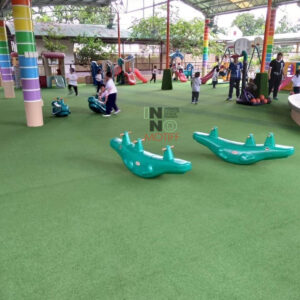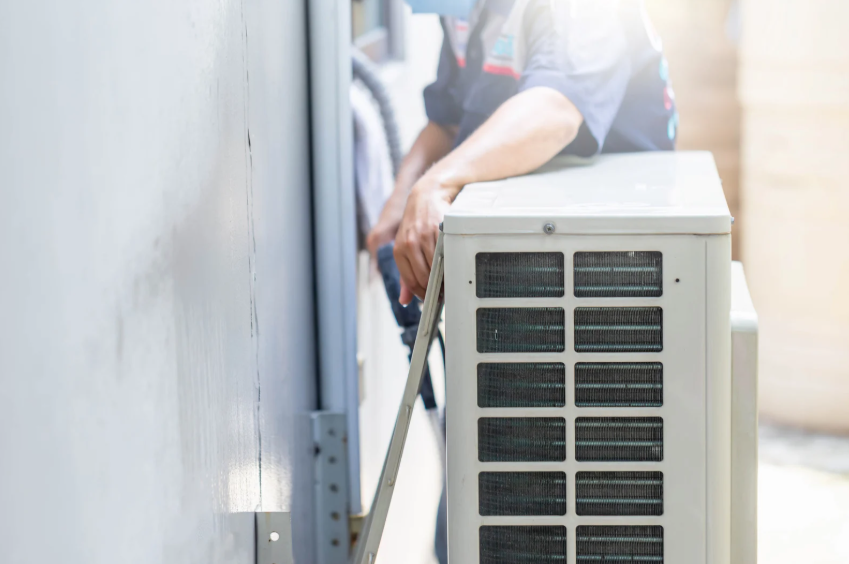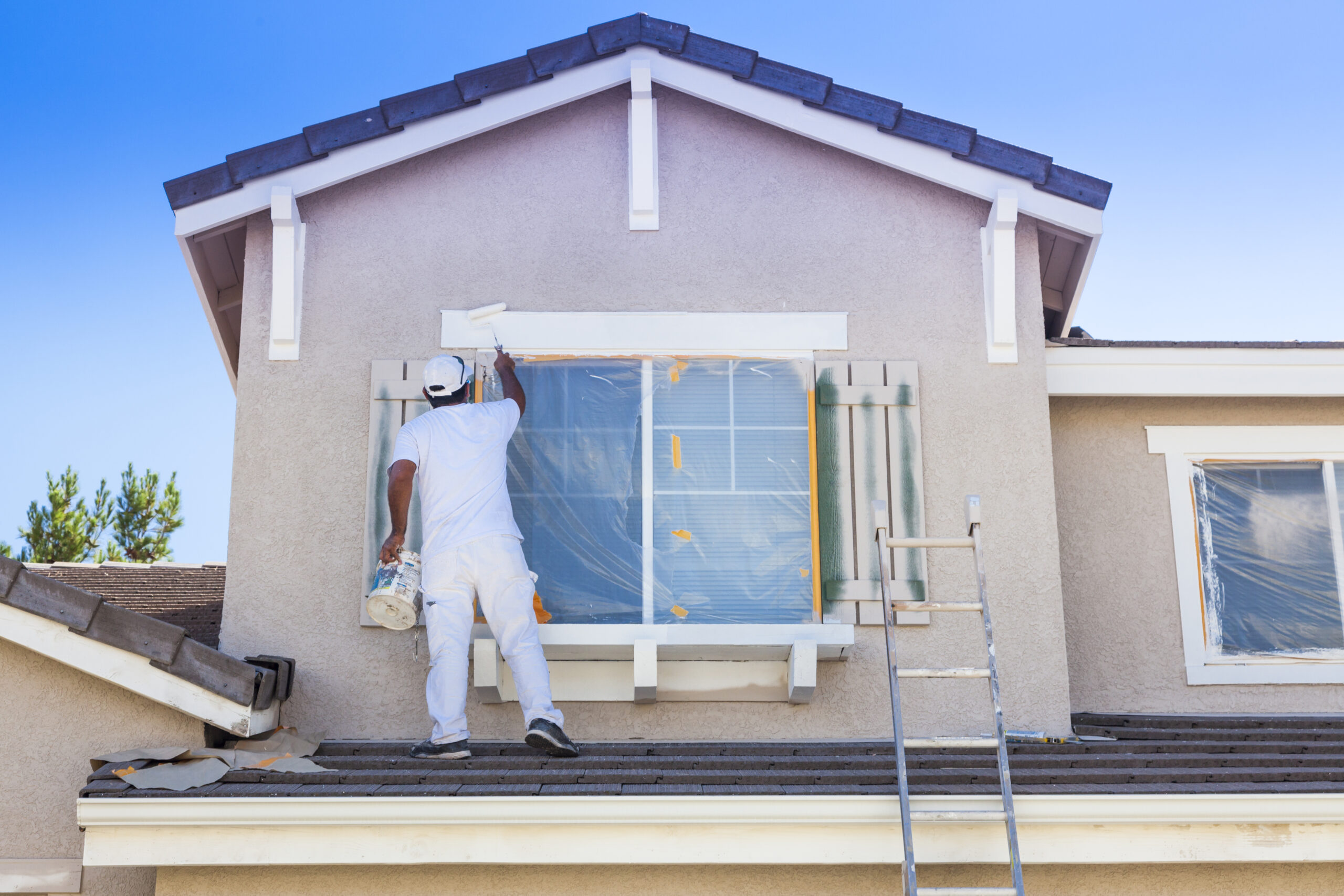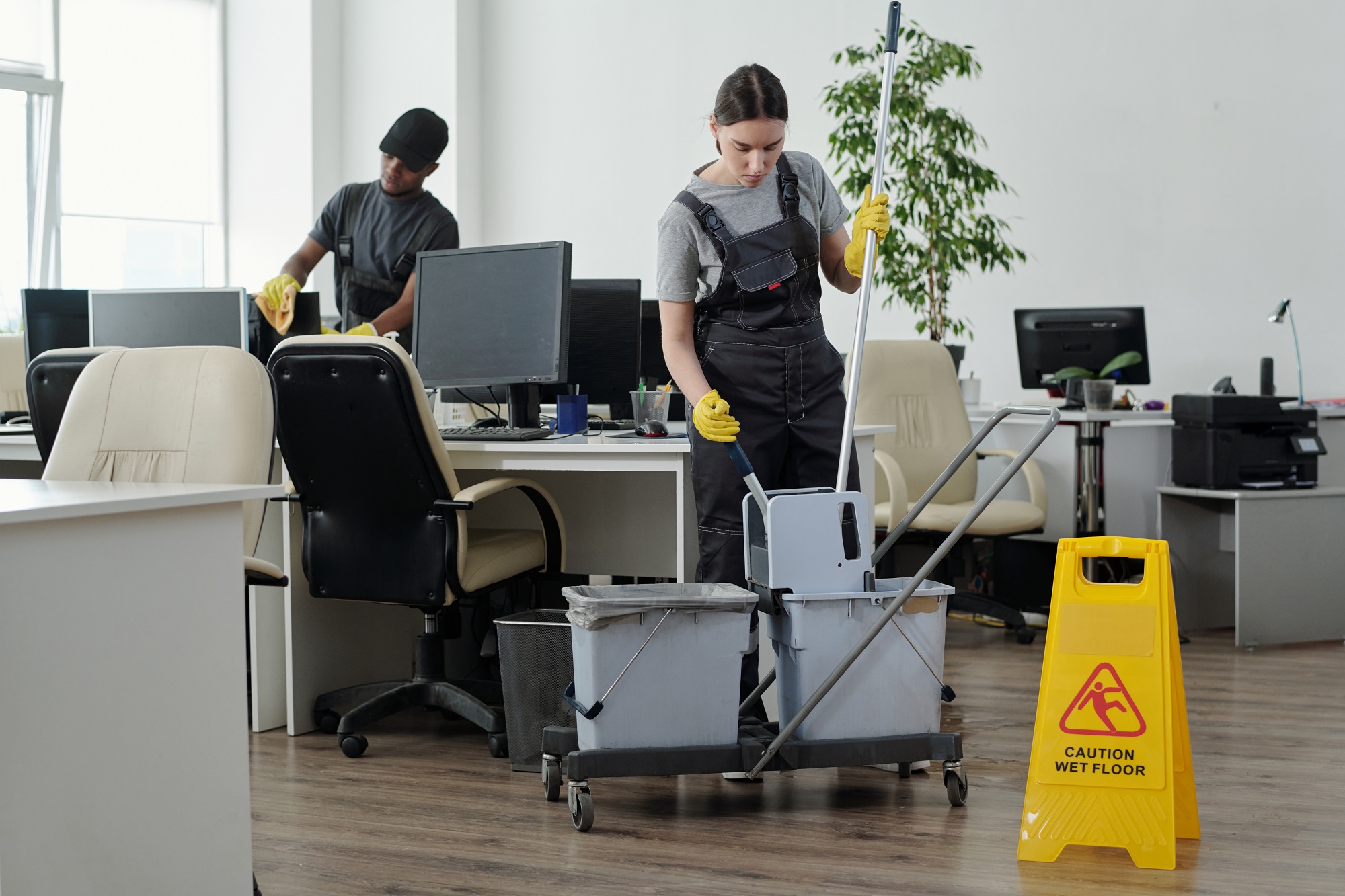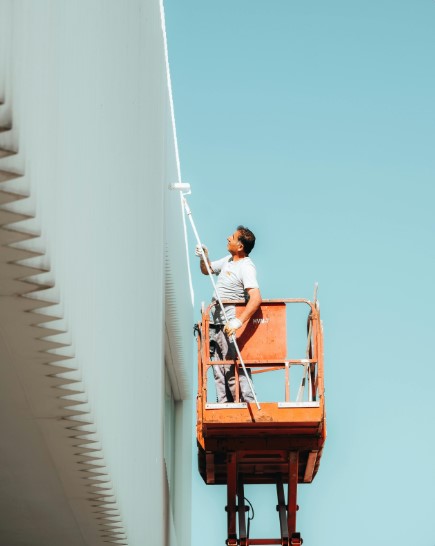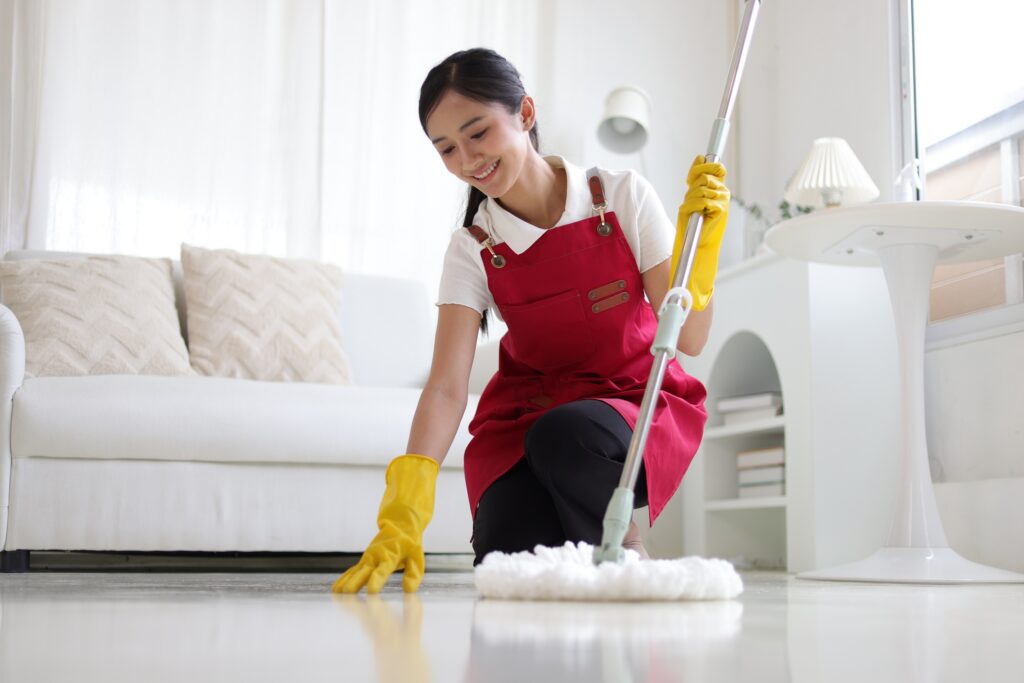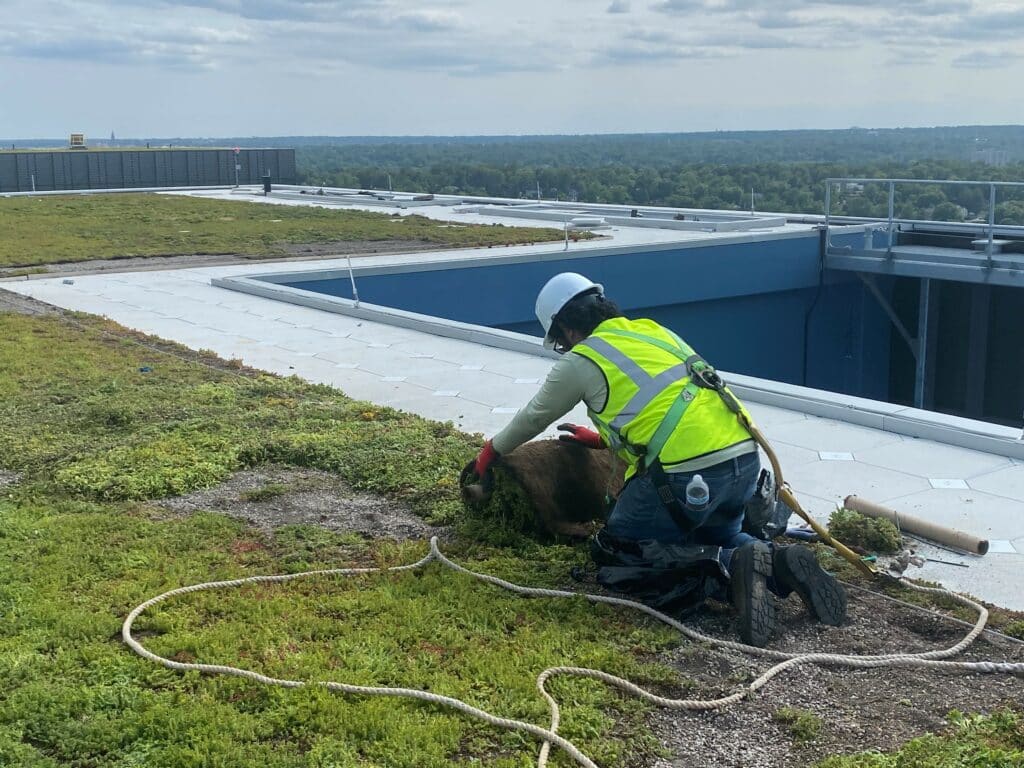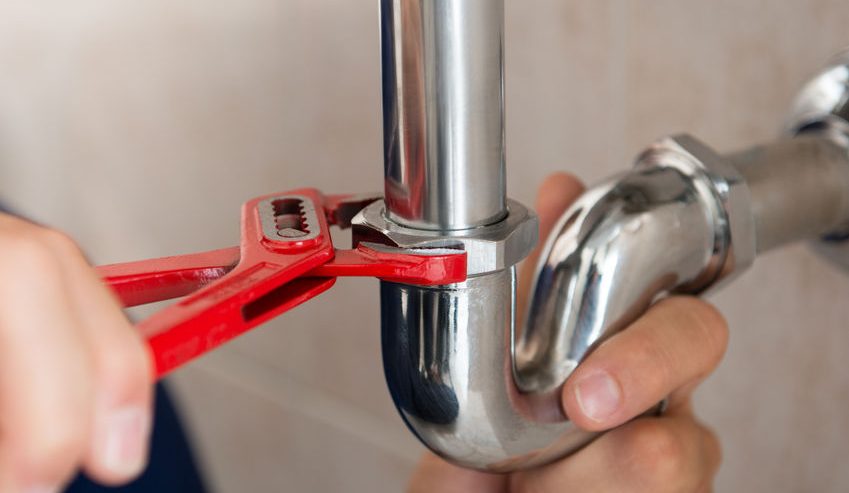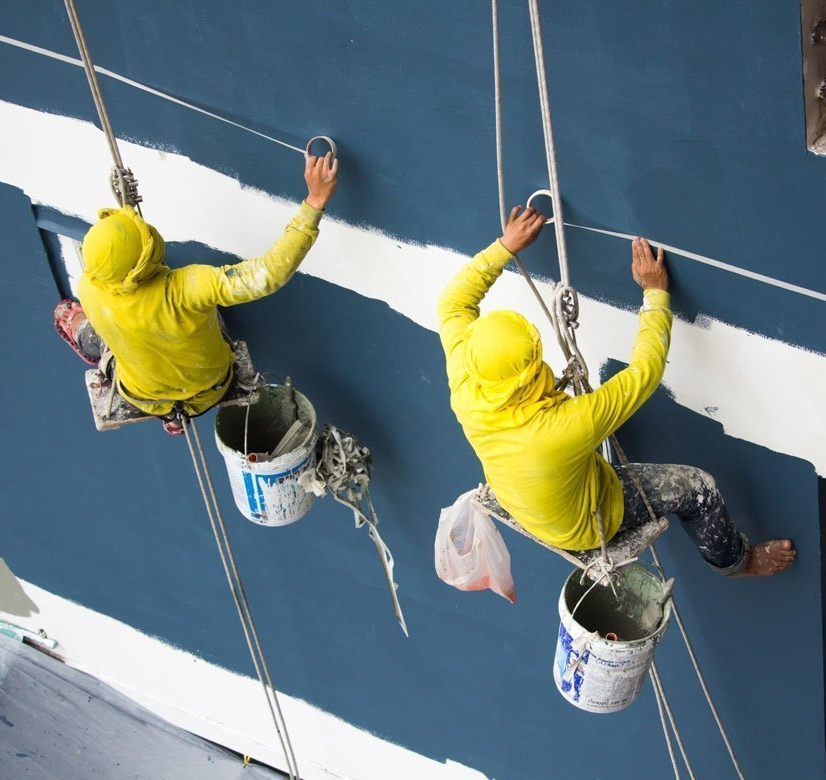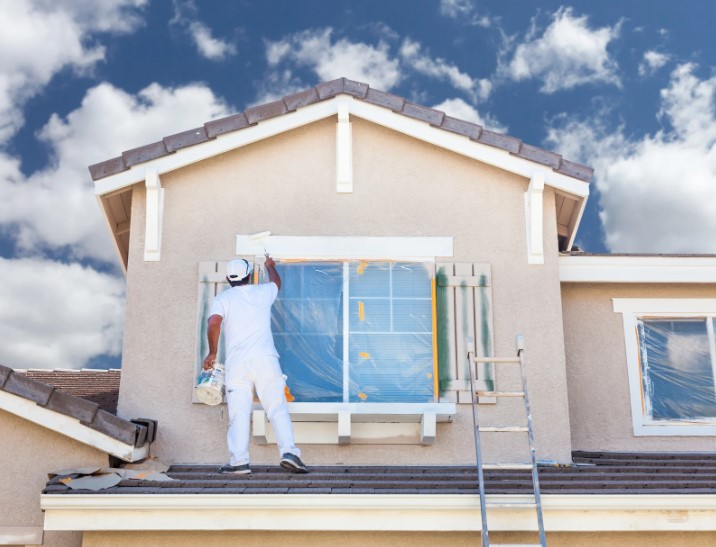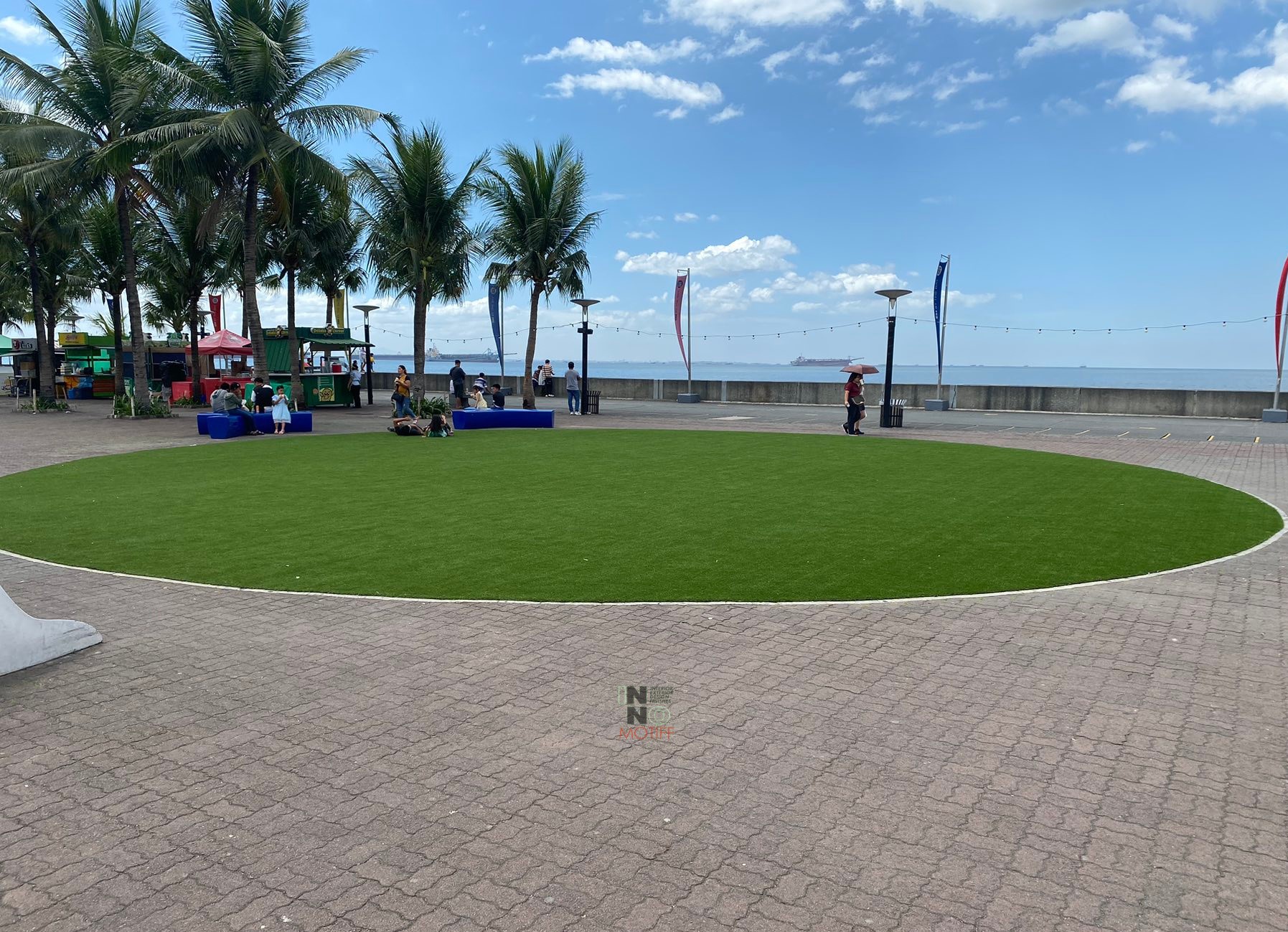Artificial grass is revolutionizing the way we think about landscaping and outdoor spaces in real estate. Its popularity is on the rise, offering a practical solution to the challenges of traditional lawn maintenance. In the Philippines, where climate conditions can be harsh and water resources limited, artificial grass presents a compelling opportunity for property owners to enhance both the aesthetics and value of their real estate investments.
The Rise of Artificial Grass in Real Estate
The demand for artificial grass in real estate has surged in recent years, driven by its numerous benefits. Unlike natural grass, artificial turf requires minimal upkeep and remains lush and green year-round. This low-maintenance alternative has become increasingly attractive to homeowners and property developers seeking to create beautiful outdoor spaces without the hassle of constant watering, mowing, and fertilizing.
Factors Influencing Real Estate Value
In the competitive real estate market, factors such as curb appeal and outdoor living spaces play a significant role in determining property value. A well-maintained lawn can significantly enhance the overall attractiveness of a property and make a lasting impression on potential buyers or renters. By investing in artificial grass, property owners can elevate the visual appeal of their homes or commercial properties, thereby increasing their market value.
Benefits of Artificial Grass in the Philippine Context
The Philippines’ tropical climate poses unique challenges for maintaining natural grass lawns, including excessive heat, heavy rainfall, and water scarcity in certain regions. Artificial grass offers a practical solution to these challenges, as it requires no watering and can withstand the harsh environmental conditions prevalent in the country. Additionally, artificial turf is pet-friendly, UV-resistant, and durable, making it an ideal choice for outdoor spaces that receive heavy foot traffic.
Enhanced Aesthetics and Functional Spaces
One of the key advantages of artificial grass is its ability to create visually stunning outdoor areas that remain green and vibrant throughout the year. From residential gardens to commercial landscapes, artificial turf can transform ordinary spaces into inviting retreats for relaxation and entertainment. Moreover, synthetic grass can be customized to fit any size or shape, allowing property owners to maximize their outdoor living potential and create functional areas for leisure activities or gatherings.
Environmental Impact and Sustainability
While some may question the environmental sustainability of artificial grass, modern synthetic turf systems are designed to minimize their ecological footprint. Unlike natural grass, which requires regular watering and chemical treatments, artificial turf conserves water and eliminates the need for harmful pesticides or fertilizers. Additionally, many artificial grass products are made from recycled materials, further reducing their environmental impact and promoting sustainability in real estate development.
Tips for Incorporating Artificial Grass
For property owners or developers considering the installation of artificial plant supplier philippines, several key factors should be taken into account. It’s essential to choose a reputable supplier and installer with experience in synthetic turf systems to ensure the highest quality and longevity of the product. Additionally, proper site preparation and maintenance are critical for maximizing the lifespan of artificial grass and preserving its aesthetic appeal over time.
Takeaway
Artificial grass offers a compelling solution for enhancing real estate value in the Philippines, providing property owners with a low-maintenance, sustainable alternative to natural grass. By investing in artificial turf, homeowners and developers can create visually stunning outdoor spaces that remain green and vibrant year-round, thereby increasing the overall marketability and desirability of their properties. As the demand for sustainable landscaping solutions continues to grow, artificial grass is poised to play an increasingly important role in shaping the future of real estate in the Philippines.

